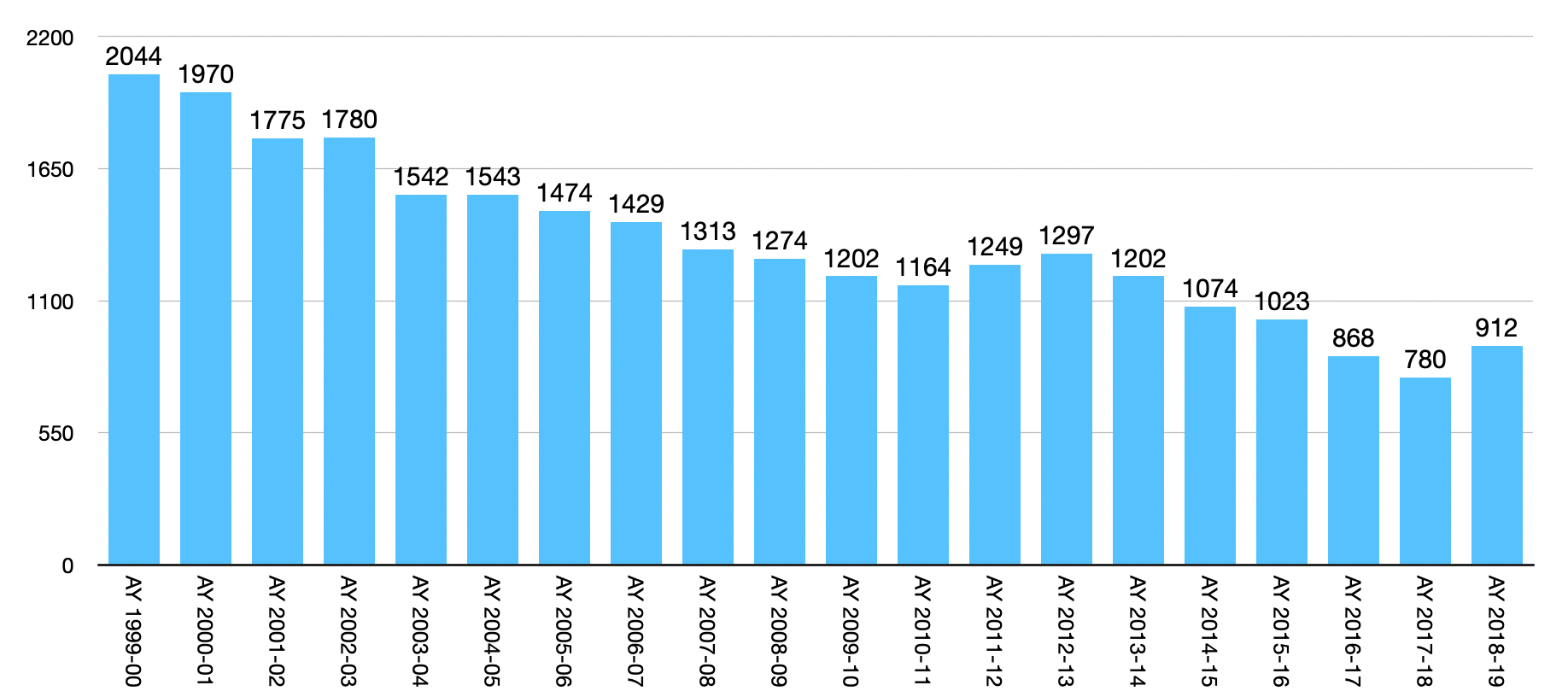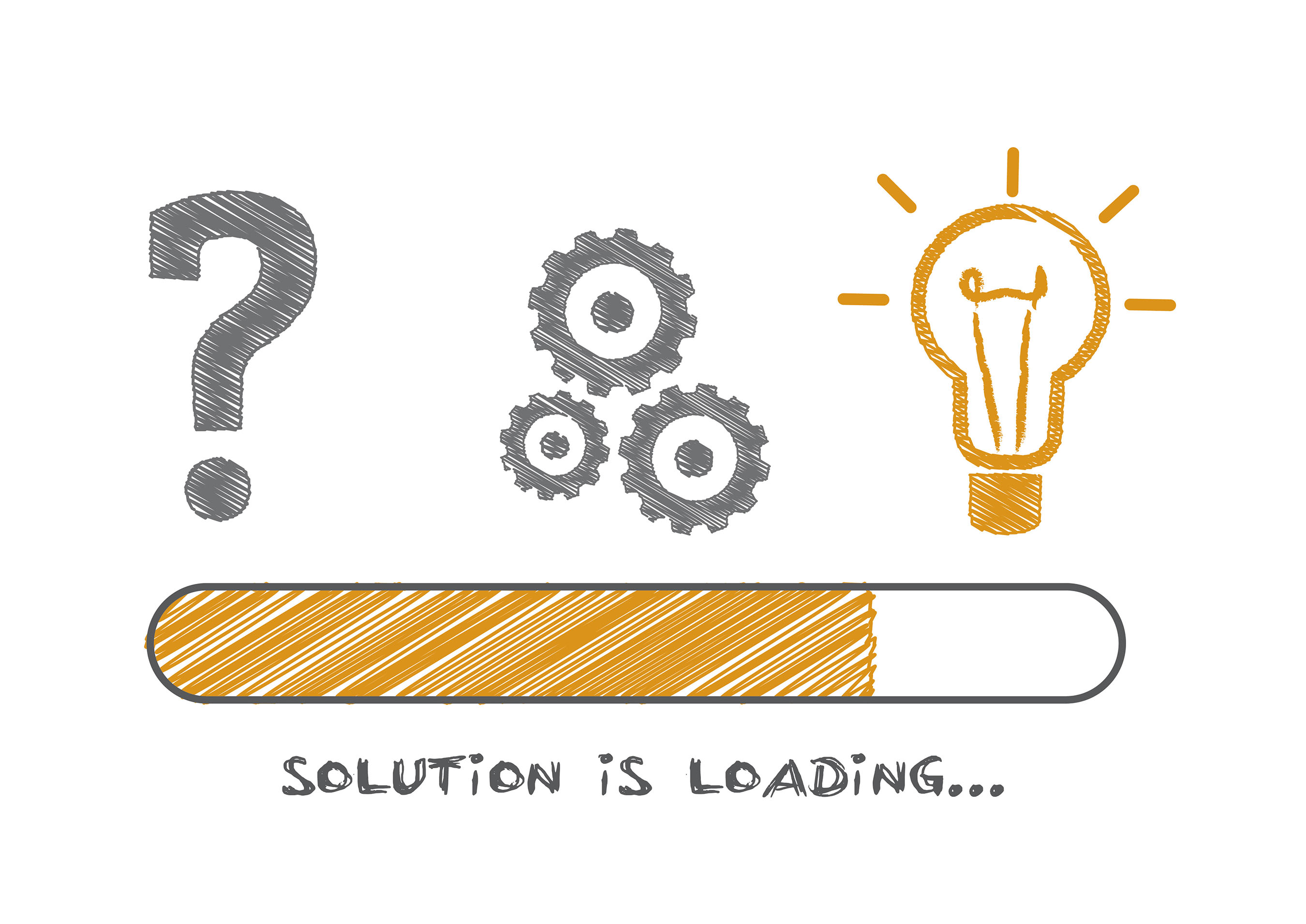May 2021
The Education Preparation Conundrum
May 11, 2021
Truths and assumptions
First, parents want their children at school to be physically and psychologically safe. Then, every parent wants the absolute best that can be afforded or provided to their child. To that we share “What the best and wisest parent wants for his own child, that must the community (we) want for all its (our) children.”1
When it comes to educator preparation policies, the challenge is always balancing quality and quantity. All of us want the highest quality. Each of us wants the educators bringing forth the best from our children to be of the highest quality. Unfortunately, education started to have business “solutions” applied to it. We have been fooled to believe that we can get the best for our children, but at the lowest price. Crony-capitalist business works that way. Raise output while minimizing costs. This formula will, at best, lead to mediocrity in all things.
To meet this deficit of 3,641, teacher training institutions turned out, in round numbers, 2,500 new, prospective teachers. However, only 48 percent of these potential teachers entered the field of teaching. Therefore, superintendents and school administrators are faced with the impossible situation of filling some 3,641 vacancies with fewer than 1,450 available teachers. 2
Quantity and quality: The necessary balance
The Louisiana Department of Education reported that there were 9,359 persons who were
serving as teachers with less-than-ideal credentials.3 From 1964 through 2021, the data continues to trend in the wrong direction. Policies
which tip the scale toward quality and do not address quantity; give us neither. All
of the preparation programs combined cannot produce enough to satisfy the State’s
need for professional educators. The analogy often used is that of a pipeline. We
hear that we need to get more in the pipeline. The next part of that problem is that
the pipeline is leaking and is too small to provide consistent quantity; hence, marginal
quality.
This is the annual production of educators in Louisiana from traditional four-year
programs between 1999-2019.
Data retrieved from Title II reporting.

Evidence indicates that there is no problem with access to preparation programs. Multiple opportunities exist for someone to enter the profession. Louisiana provides nearly 50 traditional and alternate certification programs in colleges, universities, and private business providers. That is almost one preparation provider for every district!
If education preparation providers produce 1,000 of the highest quality educators, and the State needs 3,000, then balance continues to worsen. Likewise, policies which provide a surplus of quantity, by lowering standards contribute to the decline. The challenge is in the balancing of both quality and quantity. Without quantity, there will be no quality.
We take the stance that accountability should serve democracy and that teaching and teacher education are indispensable in a democratic society.4
Accountability is always a means to worthy goal. The goal herein is access to and continuous improvement in developing citizens who are capable of and inclined toward contributing to society – culturally, socially, and economically. The goal, simply stated, is attracting citizens to the teaching profession.
A quick review
Reclaiming Accountability in Teacher Education provides a needed framework for examining education policies. Policies are often portrayed as a dichotomy; the requirement is met or it’s not. Any dichotomous definition of socially significant issues is inadequate and inaccurate. There are trade-offs associated with where that decision point is made. To begin to address the complexity of reviewing (and building policy) the authors provide a dimensional framework to help one reason with those complexities. They look at policies through the following lenses - values, purpose, concepts, diagnostic, prognostic, control, content, and consequences and sort them into three dimensions – control, content, and consequences.
The authors make three arguments.
Education preparation providers must reclaim accountability that promotes civic participation, seeks the common good, and actively challenges the systems that perpetuate inequity.
Most of the major initiatives designed to improve teacher preparation lead with heightened accountability through close scrutiny and public evaluation of institutions, programs, and teacher candidates.
Democratic accountability in teacher education, is needed. Accountability must come from within the system and be managed by the system in order to improve the system, rather than destroy current effectiveness.
Knowing the history of our profession is important. The authors provide a summary of teacher accountability which concisely explains 1998-2017 – How did we get here? The authors also outline in great detail how once inputs, once valued, are replaced by outputs. Part of the message received then is that the results are more important than how they were created. This leads down dark paths. The framework is applied to federally mandated reporting and organizations like CAEP, NCTQ, and edTPA. Each of these groups has a dedicated chapter with historical context.
There are strong themes related to equity, equality, and justice throughout the book. The main point to Reclaiming Accountability for Teacher Education is “… a strong democratic society depends on democratic education; democratic education depends on democratic teacher education and on democratic accountability in teacher education.”5
 Excellence must balance with humane and just
Excellence must balance with humane and just
We can let others take care of our business. They will, but they will do it for their benefit. We must find ways to improve the profession and restore dignity. The work is hard. The working conditions shouldn’t make it feel impossible. What policies move us closer to “the goal of the public educational system is to provide learning environments and experiences at all stages of human development that are humane, just, and designed to promote excellence” in order that every individual have an equal opportunity to develop to their full potential (Preamble to Article VIII of the Louisiana Constitution)? Which policies do not? Are the policies designed to promote excellence? Promoting excellence must balance with humane and just.
Professional accountability (coaching) requires supervisors to observe educators with respect to their job descriptions and best professional practices. This leads us back to capacity building in relation to accountability6 (Fullan, 2021). Judgement is withheld until it is required. Statements of what best practices look like in the classroom are used to identify educator’s skill-implementation level as satisfactory or needs improvement. A summation of the educator’s honesty, diligence, and competence are used to determine their continued employment in the profession. An evaluation team does this by year three. Only just, humane interaction can inspire and require excellence.
1 John Dewey, The School and Society, (Chicago: University of Chicago Press, 1899), 19.
2 William J. Dodd, in The State’s Role in Public Education, (Baton Rouge: Louisiana State University, 1965), 66.
3 Louisiana Department of Education, 2018-2019 Educator Workforce Report, (Baton Rouge: LDE), 1.
4 Marilyn Cochran-Smith, et al. Reclaiming Accountability in Teacher Education, (New York: Teachers College Press, 2018), 3.
5 Ibid., 157.
6 Michael Fullan, The Right Drivers for Whole System Success, (East Melbourne: Center for Strategic Education, 2021).
Written by: Richard A. Baker, Jr., PhD
Associate Director, LSU School of Education
